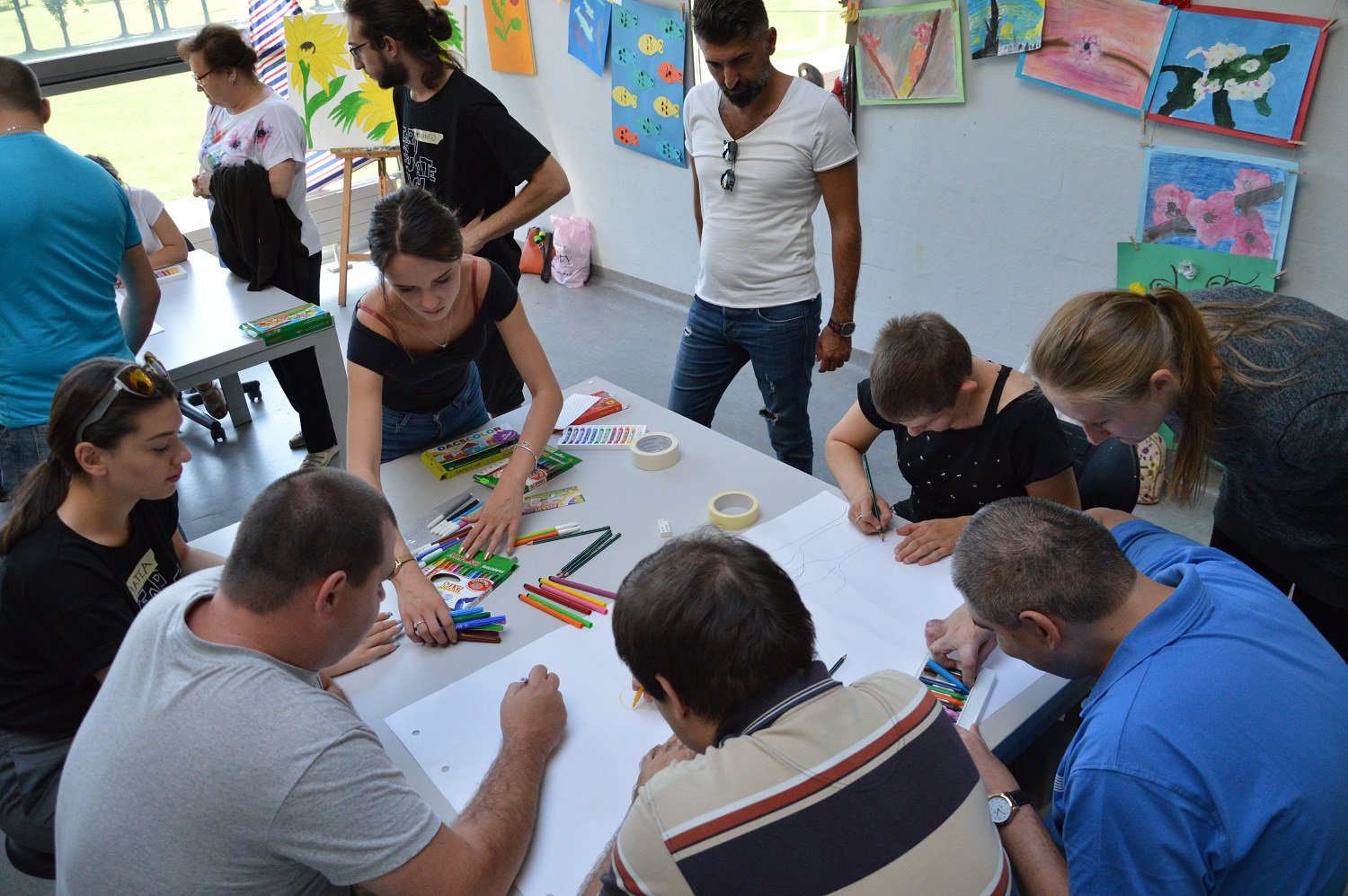2nd project phase
DOREA organisation took part in the the second phase of the Erasmus+ KA1 Long-Term Training Course -„LET (LearnEducateTeach) meTRY” in Wisła (Poland), between 4th and 10th of September 2018.
The overall 12th month project goal was was to develop and educate youth workers about the concept of culture and its dimensions, approaches used in non-formal education, problem solving and conflicts in an intercultural context, key competencies based on methodology, based on non-formal education principles.
The second project phase involved representatives of all partner organizations (30 people from Poland, Spain, France, Italy, Cyprus, Malta, Turkey, Hungary, Greece, Macedonia, Romania, and Bulgaria) gathering in Wisla, Poland for international meeting and sharing of the best practices n the field of social inclusion of young people. Representatives of partner organizations also worked together to evaluate local activities, develop new tools and methods of social inclusion of new target group- people with soft mental disabilities, striving to understand the role and specificity of facilitation activities in the intercultural and local environment. Furthermore, the participants have strengthened their competences as youth workers in the context of planning and implementing effective educational activities at the international level.
The training course gave opportunity for participants to broaden their knowledge about the Erasmus + Programme and the European certificate – Youthpass.

ABOUT THE PROJECT
Project “LET(LearnEducateTeach)meTRY” is an international training of youth workers, leaders of intercultural facilitation organizations, involving 26 youth workers (and 2 experienced trainers) from Poland, France, Greece, Italy, FYROM, Bulgaria, Turkey, Malta, Cyprus, Hungary, Romania, Spain.
Project goals:
- Create a portfolio with new innovative methods of social inclusion, with particular emphasis on terms: discrimination, stereotypes, intercultural learning, and exclusion.
- Raising awareness among youth workers about the specificity and complexity of facilitation during intercultural meetings and training.
- Strengthening the competences of youth workers in the context of planning and implementing effective learning activities at international level
- Exploring the different dimensions of culture and how they are linked to intercultural learning
- Test and qualitative evaluation of the developed tools on various groups of excluded youth
- Creating a portfolio with a set of methods and tools of coaching work in an intercultural environment, with particular emphasis on the inclusion of discriminated groups
For more information, please click here.

